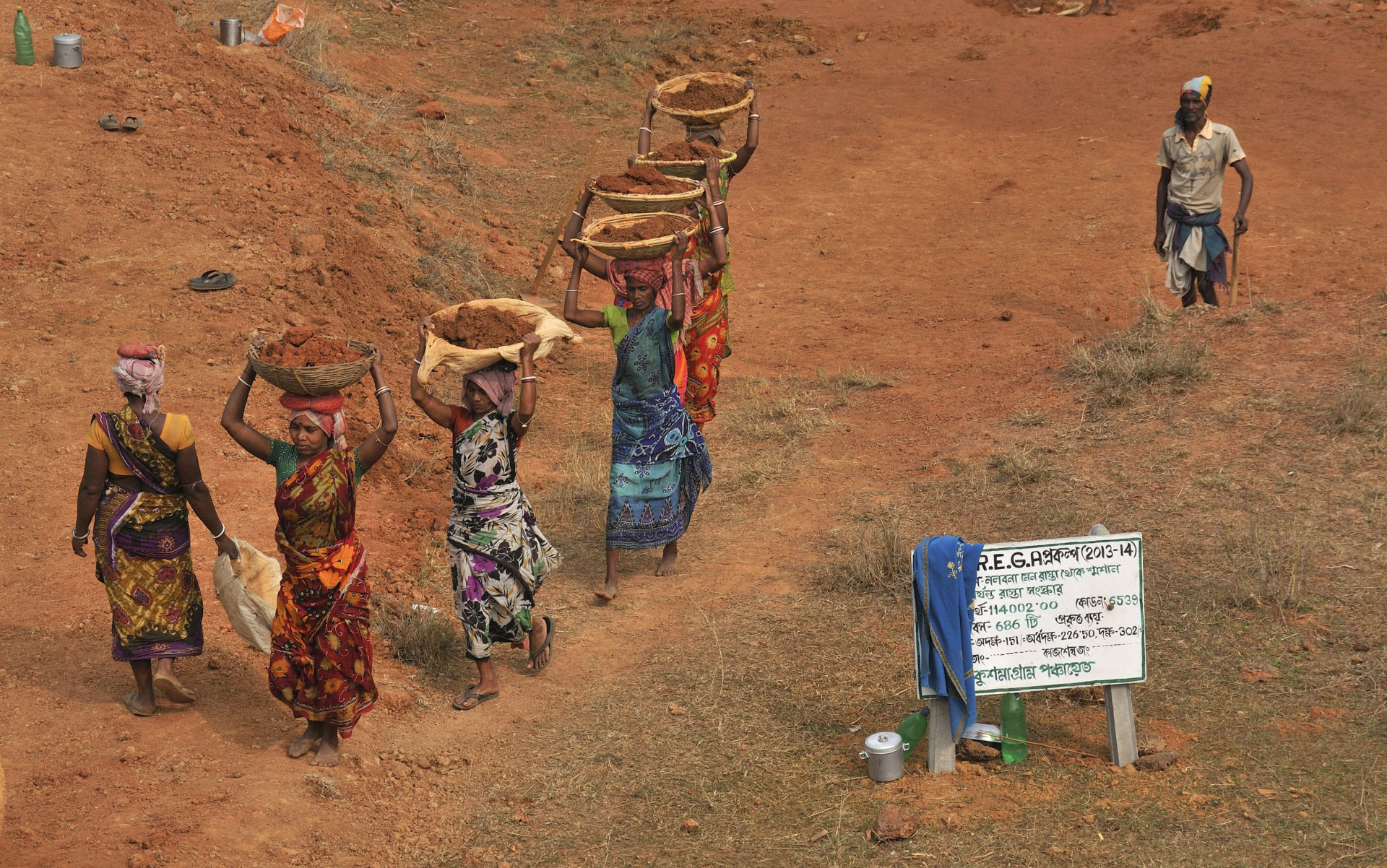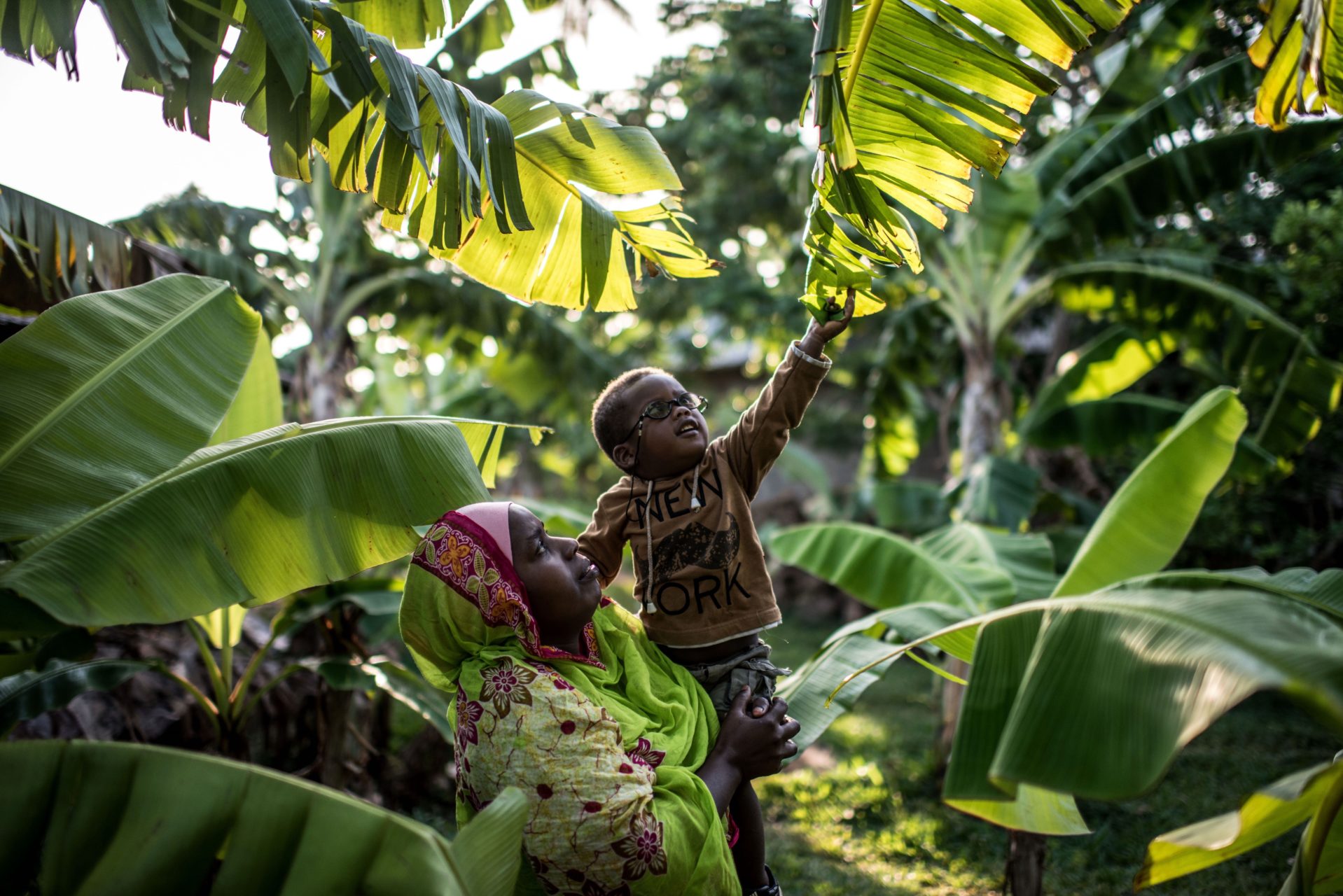
Effective Partnerships
U.S.-based NGOs engage communities across the globe to build prosperity and help people rise from poverty. NGOs are at the forefront of providing humanitarian and development assistance to those in need. They are mission-driven nonprofits and their incentives are to save lives and provide for better livelihoods. NGOs have built historic relationships with local partners and have unique perspectives and expertise that have a positive impact.

How USAID Can Help Strengthen Partnerships With NGOs
Maximize the relationship between U.S.-based NGOs and USAID, so that more resources go to those in need in the best way possible and that NGOs have an inclusive role in partnering with USAID in determining assistance priorities and application of effective practices.
- Alleviate the obstacles and burdens faced by USAID staff and implementing partners.
- Create a climate of success for civil society, including the promotion of lasting relationships between U.S.-based NGOs and local civil society partners, especially when assistance efforts are self-led and where government and civil society partners are accountable.
The Role of Congress:
Many aspects of USAID’s Transformation require legislative changes, including new authorization for aspects of the realignment. Through oversight hearings, stakeholder meetings, and legislative markups, Congress can ensure USAID’s Transformation is successful and meets the needs both USAID and the NGO community seek.

Key Policy Recommendations
Establish NGOs and Civil Society as Preferred Assistance Providers Policymakers should recognize NGOs as more than vendors that provide services, but as preferred providers with valuable relationships that transcend borders and connect values across cultures. U.S.-based NGOs bring special contributions that often include their own critical funding, established local networks, assistance expertise, and involved
and caring U.S. constituencies.
Support timely budgets and reject administration undercutting and rescissions Budget uncertainty – brought on by presidential budget requests that are demonstrably lower than global need and impede Congress’ ability to pass timely appropriations legislation – has real-world consequences. Without guaranteed funding for the life of a project, partners often shy away from full engagement with U.S. government agencies.
Adequately fund USAID Operating Expenses USAID has made great strides since the 1990s, when USAID staffing was at its lowest. Multiple administrations have worked to bolster staff capabilities and Congress has incrementally raised funding for USAID’s operating expenses and Capital Investment Fund. However, as USAID’s role in foreign policy has grown, its staff capacity has not kept pace with the challenge. Congress can help reverse this trend with a demonstrable increase of funding for USAID Operating Expenses.
Authorize more viable mechanisms for NGOs to co-finance assistance with government agencies Private contributions to all U.S. NGOs – including Private-Voluntary Organizations (PVO) – total $15.4 billion annually. U.S. leadership provided through official development assistance provides leverage and sector cohesion, and acts as a force multiplier as foundations and corporations, which donate $4.7 and $11.3 billion respectively, join PVOs in following the priorities and activities set by the U.S. government. The U.S. needs greater political leadership to help overcome funding gaps and to create better mechanisms that allow U.S. NGOs and civil society more opportunity to participate.
Lessen the Regulatory and Compliance Burden The U.S. government has established bureaucratic compliance regulations and regulatory restrictions, emplacing them under anti-terror and transparency laws. While the intent of anti-terror and transparency laws are widely supported by the NGO community, the restrictions and regulations place an undue burden on nonprofits and divert funding and support away from programming and beneficiaries. Broad rules against foreign terrorist financing entangle legitimate humanitarian and development assistance and hinder the delivery of lifesaving assistance.
Empower USAID “Centers” As part of its Transformation, USAID is expanding its use of Centers that focus on development sectors such as Democracy, Rights, and Governance; innovation, technology, and research; and education among others. Centers unite technical capacity and development expertise between offices, missions, and bureaus, to encourage greater collaboration. Currently, the use of Centers is at the discretion of USAID staff. Without clear guidelines, Centers may be underused. Congress, through oversight and its legislative authority, has a substantial role and say in how USAID uses its Centers.
Resources for Congressional Staff
Lesson from Civil Society and Operational NGOs: Encouraging Closer Collaboration and More Effective Partnerships with USAID. InterAction, July 2018. Recommendations from InterAction to USAID based on member and partner insight on their work with the agency.
Index of Global Philanthropy and Remittances 2016. Hudson Institute, February 2017. A report that details the sources and magnitude of private giving to the developing world.